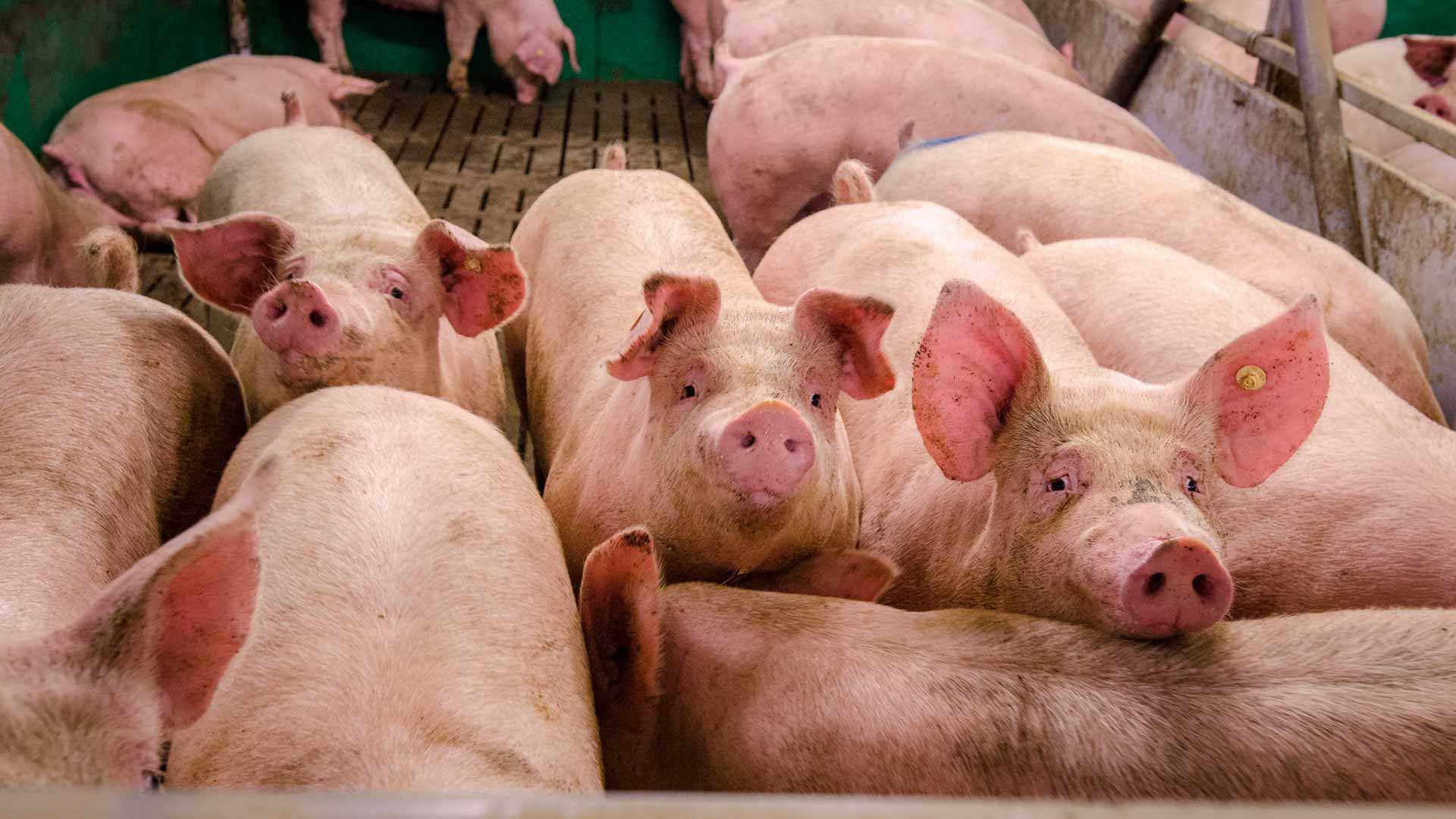– a press release of the Saxon State Ministry for Energy, Climate Protection, Environment and Agriculture
New ways in pig feeding
The Agraset Agrargenossenschaft e. G. Naundorf (District of Central Saxony) wants to break new ground in pig feeding with its “AlgaPork” project. In the pilot project, a new feed mix with microalgae will be tested in pig fattening within the framework of the European Innovation Partnerships (EIP AGRI). To this end, an experimental plant will be set up, which will also include a photobioreactor that produces the microalgae. The project also aims to carry out various feeding experiments and investigate the development of the animals. The cultivation of the algae should also be monitored.
“The project of the Agraset Agrargenossenschaft is unique in this way!“
said Agriculture Minister Thomas Schmidt. “It is precisely this courage and innovative thinking outside the box that is needed to make agriculture even more sustainable. It has always been our policy in Saxony to act with the farmers and with innovations and technical progress – not with prohibitions.”
The microalgae are to be produced fresh at the Naundorf site and added to the pig feed. This food supplement is novel in pigs. The University of Rostock is providing scientific support for the project. She will investigate the feeding trials, the physiological effects of the algae, the feed mix as well as the animal welfare. The photobioreactor is a patented technical development of GICON Großmann Ingenieur Consult GmbH. The self-cleaning, temperature-adjustable system can be used outdoors all year round. Through the partial replacement of conventional fodder, the area of agricultural fodder cultivation can be reduced in the long term. Also involved is fodjan GmbH, which develops the software for the entire system and the data collection. In the coming year 2020, preliminary tests are planned regarding the feed acceptance of the algae in pigs as well as the design and planning of the plant. Construction is then scheduled to begin at the beginning of 2021.
